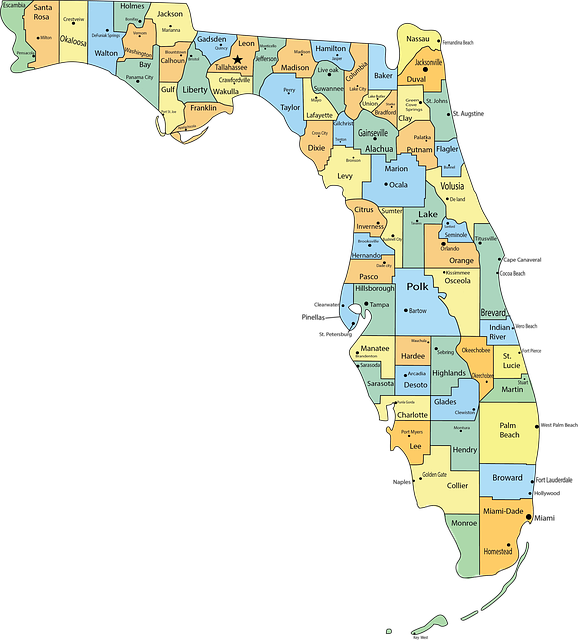Share This Article:

Case File
When a Florida teacher sought continuing medical treatments for headaches she experienced after being hit by a student, her employer's failure to contest the compensability of those headaches within 120 days meant she won the compensability battle. Simply Research subscribers have access to the full text of the decision.
Case
Silvia-Pabalan v. Pinellas County School Board, No. 23-005542JPM (Fla. OJCC)
What Happened
A middle school teacher took an upset student outside the door of her classroom, and while she was speaking with this student, one of the student's classmates came from behind the teacher, "pushed through her," and hit the student. The teacher testified that her neck and shoulder were hit and that she didn't remember if she was hit in the head during the incident.
Following treatment over the course of several months, the teacher reported that her shoulder problems had resolved, her neck problems had improved, and that she continued to have problems with headaches, dizziness, confusion, balance, and nausea.
The teacher sought authorization for medically reasonable and necessary treatment with a neurological specialist for the injuries after the initially authorized neurologist declined to provide further care.
Rule of Law
Under Florida Statuate Section 440.20(4), “A carrier that fails to deny compensability within 120 days after the initial provision of benefits or payment of compensation as required under subsection (2) or s. 440.192(8) waives the right to deny compensability, unless the carrier can establish material facts relevant to the issue of compensability that it could not have discovered through reasonable investigation within the 120-day period.”
In applying the 120-day rule, the relevant inquiry is whether the employer or carrier denied compensability within 120 days of first providing treatment.
After 120 days pass following the initial provision of benefits for a specific injury or condition, the injury or condition is deemed compensable by operation of law, unless the employer or carrier can establish material facts relevant to the issue of compensability that it could not have discovered through reasonable investigation within the 120-day period. Once compensable by operation of law, the burden shifts to the employer or carrier to show a break in the causation chain so that the compensable injury or condition is no longer the major contributing cause of the need for treatment.
A break occurs when the work-related cause drops to 50% or less of the total cause of the need for the requested benefit.
Workers' Comp 101: Under Sierra v. Metro Protective Services, 188 So.3d 863 (Fla. Dist. Ct. App. 2015), an analysis of Florida's 120-day rule requires three findings: 1) the date the employer or carrier first provided benefits for the claimant's condition; 2) the identity of the specific injury for which benefits were provided; and 3) whether the employer or carrier timely denied compensability of the injury for which it provided benefits.
What the OJCC Said
Because the first recorded notation in the medical records that the teacher complained of headaches was on Jan. 27, 2023, and the first denial of the teacher's headaches was May 6, 2024, the denial was "made well after 120 days after medical care for the [teacher's] headaches was provided," the OJCC wrote.
Additionally, the employer and carrier did not prove or even allege a break in the chain of causation, and thus the teacher established compensability of her headaches.
Takeaway
For an employer to escape operation of Florida's 120-day rule, it must show that it denied compensability within 120 days of first providing treatment. Otherwise, the injury becomes compensable by operation of law.
california case management case management focus claims compensability compliance courts covid do you know the rule emotions exclusive remedy florida FMLA fraud glossary check health care Healthcare hr homeroom insurance insurers iowa leadership medical NCCI new jersey new york ohio osha pennsylvania roadmap Safety state info technology texas violence WDYT west virginia what do you think women's history women's history month workcompcollege workers' comp 101 workers' recovery Workplace Safety Workplace Violence
Read Also
About The Author
About The Author
-
Frank Ferreri
Frank Ferreri, M.A., J.D. covers workers' compensation legal issues. He has published books, articles, and other material on multiple areas of employment, insurance, and disability law. Frank received his master's degree from the University of South Florida and juris doctor from the University of Florida Levin College of Law. Frank encourages everyone to consider helping out the Kind Souls Foundation and Kids' Chance of America.
More by This Author
Read More
- Apr 14, 2025
- Frank Ferreri
- Apr 14, 2025
- Claire Muselman
- Apr 14, 2025
- Chris Parker
- Apr 13, 2025
- Claire Muselman
- Apr 13, 2025
- Chris Parker
- Apr 13, 2025
- Liz Carey




